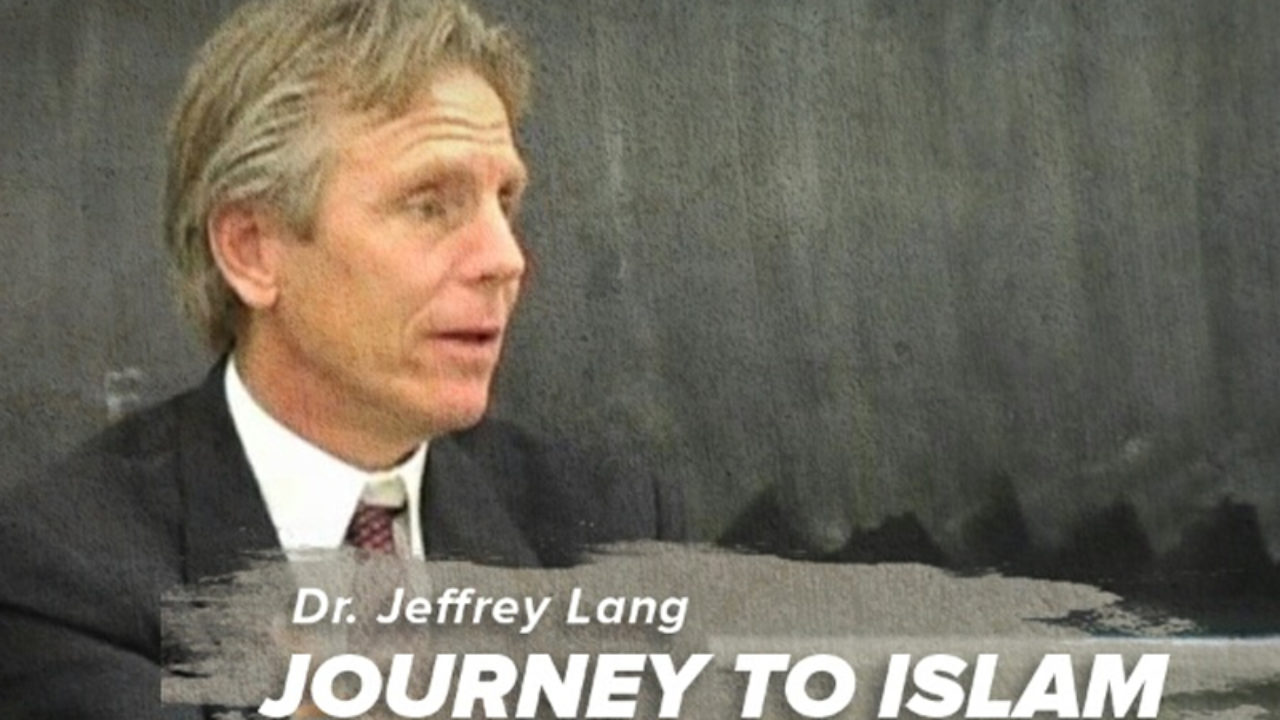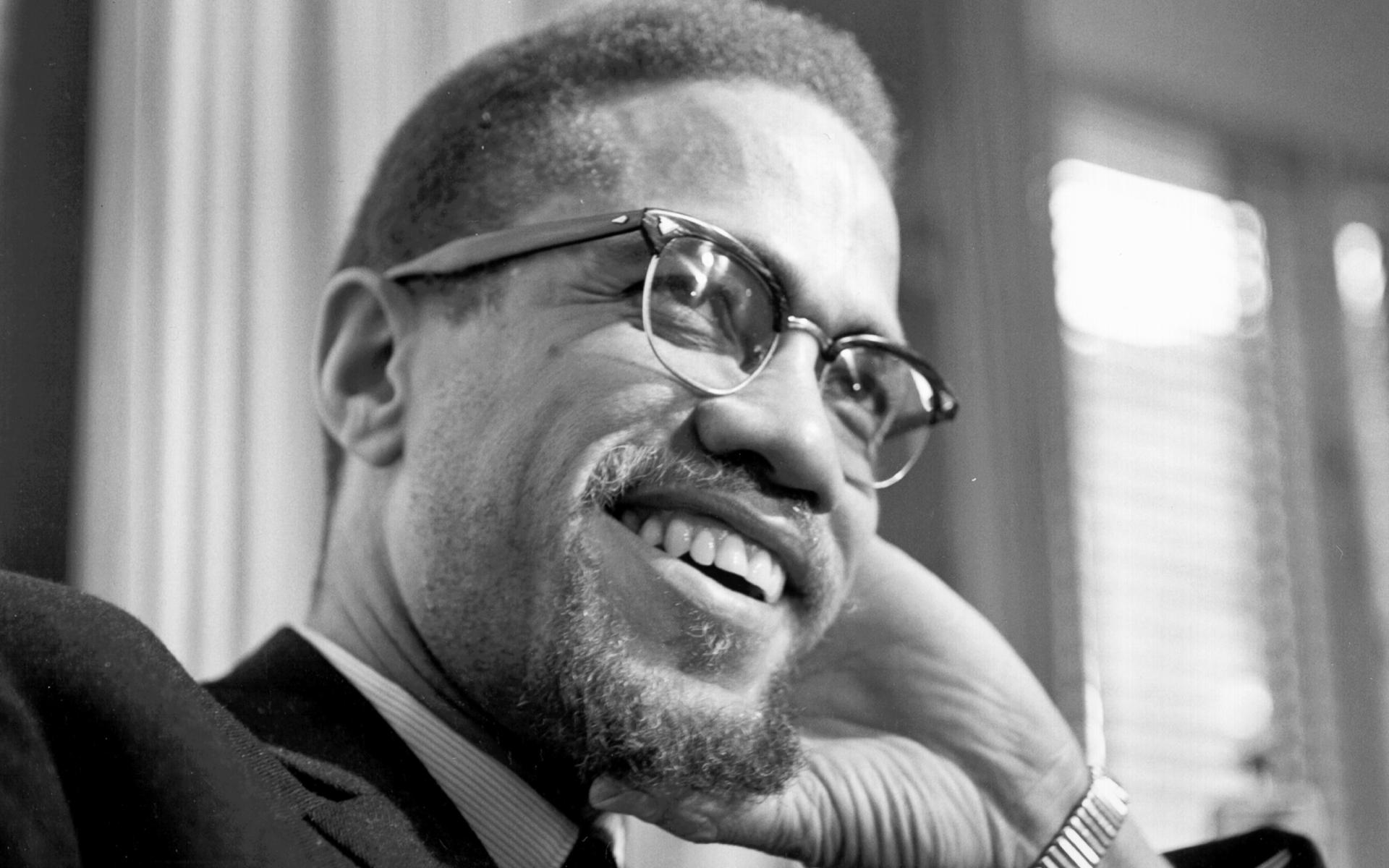
From Christian Minister to Muslim Educator
👶 Early Life & Christian Roots
Born as Joseph Edward “Skip” Estes in 1944, in the United States (Ohio, later Texas), Yusuf Estes was raised in a devout Protestant Christian family. His upbringing was rooted in conservative religious values. His father was also involved in ministry work, and the family maintained a strong Christian identity.
Yusuf himself became deeply involved in Christian missionary activities, music, and entertainment. He was:
- A music minister in churches
- A successful businessman, owning music stores
- A TV host and entertainer, sometimes even performing as “Skippy the Clown”
- A representative in interfaith events, including a U.N.-related peace summit
At this stage, Yusuf was fully immersed in his Christian faith and had little interest in, or understanding of, Islam.
🤝 First Encounter with a Muslim
In the early 1990s, his father entered into a business deal with a Muslim man from Egypt, named Muhammad, who would eventually become central to Yusuf’s conversion.
At first, Yusuf and his family were skeptical of Muhammad. Yusuf admits he held many misconceptions about Muslims — thinking they were terrorists, camel riders, or backward people. His mission, at that point, was to convert Muhammad to Christianity.
But as they spent time together, Yusuf noticed something very different about Muhammad:
“He didn’t drink. He didn’t smoke. He didn’t curse. He was always calm, respectful, and never lied. He prayed with dedication five times a day.”
Yusuf was amazed at how disciplined, spiritual, and peaceful Muhammad was — something he felt was missing in his own life.
📖 Questions & Curiosity
Their conversations turned into debates. Yusuf asked challenging theological questions, and Muhammad answered with patience and logic. Yusuf, being deeply familiar with the Bible, tried to find faults in Islam. But he found himself struggling to defend some of Christianity’s doctrines, especially:
- The Trinity
- Original sin
- The concept of Jesus as God
Muhammad, on the other hand, emphasized Islam’s monotheism — the belief in one God (Allah) without partners or intermediaries.
🌙 A Turning Point
Yusuf invited a Catholic priest friend of his, Father Peter Jacobs, to join the discussions — hoping to strengthen their arguments against Islam. But what happened next shocked him: the priest became impressed by Islam too.
Soon after, the priest himself accepted Islam, followed by Yusuf’s wife, and then his father. Yusuf, shaken and confused, began reading the Qur’an and attending prayers.
“I went into a small masjid and put my head on the floor. I said, ‘Oh God, if You’re there, guide me.’ And I cried like a baby.”
That night, he felt a sense of clarity and peace that he had never experienced before.
🕋 Shahada – Entering Islam
In July 1991, Yusuf Estes finally said the Shahada — the declaration of faith — and became a Muslim:
“Ashhadu an la ilaha illallah, wa ashhadu anna Muhammadan rasulullah.”
(“I bear witness that there is no god but Allah, and I bear witness that Muhammad is the Messenger of Allah.”)
He chose the name Yusuf (Joseph in Arabic) after the Prophet known for his patience and trials — a reflection of his own spiritual journey.
📢 Life After Conversion
After accepting Islam, Yusuf Estes didn’t retreat — he dedicated his life to dawah (Islamic outreach):
- Became a Muslim chaplain for U.S. federal prisons
- Traveled globally to teach Islam in an engaging, humorous, and non-confrontational style
- Founded GuideUS TV, one of the first free Islamic TV channels in North America
- Gave lectures worldwide, including at Islamic universities, conferences, and interfaith events
- Won the Islamic Personality of the Year award in Dubai (2012)
He became known as the “Funny Sheikh” due to his relatable style, humor, and down-to-earth approach to teaching Islam.
💡 Key Messages from His Story
- Don’t judge Islam by what you see in the media.
- Islam encourages questions and critical thinking.
- True guidance comes from sincerity and asking Allah.
- People can change — no matter how far they are.
- One good Muslim’s character can transform lives.




